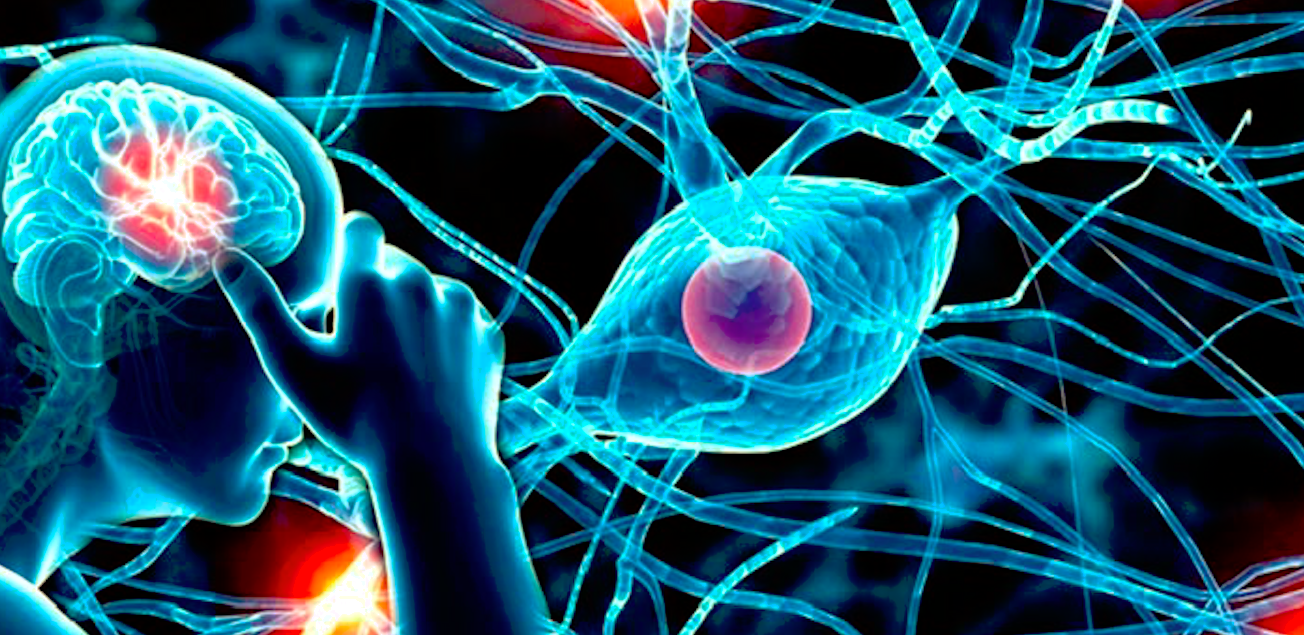RIO DE JANEIRO, BRAZIL – The Municipal Health Office of Rio de Janeiro received from the National Institute of Infectology Evandro Chagas, of Fiocruz, the notification of two suspected cases of prion disease, which in rare situations would be associated with the consumption of beef contaminated by Bovine Spongiform Encephalitis (BSE), also known as “mad cow disease”.
According to a note from the municipal agency, the notifications about the suspicions were forwarded to the State Health Secretariat for active development.
Read also: Check out our coverage on Brazil
The suspicions were verified in the cities of Belford Roxo and Duque de Caxias, suburbs of the capital Rio de Janeiro.

The National Institute of Infectology Evandro Chagas confirmed, in a separate note, that it received two patients “with suspected BSE”.
According to the institute, both are hospitalized at the INI’s Hospital Center for Pandemic Covid-19. It added that details that might identify the patients would not be disclosed out of respect for the confidentiality of the doctor-patient relationship.
Humans do not contract mad cow disease, but robust epidemiological data links a rare and fatal degenerative disease of the human brain, called Creutzfeldt-Jakob Disease (CJD), with eating BSE-contaminated products.
According to a source with knowledge of the matter, who asked not to be identified, the investigation is for suspected CJD, characterized by causing a brain disorder with memory loss and tremors.
As published by the Ministry of Health, the main clinical forms of CJD are sporadic, which happens in 85% of the cases, affecting older people. There is no known cause and infectious source nor a proven relationship of transmissibility from person to person in this situation.
There is also the hereditary form of CJD, between 10% and 15% of the cases of the disease, resulting from a mutation in the gene that codes the production of the prion protein, and the iatrogenic form, which happens as a consequence of surgical procedures, according to a publication by the ministry.
There is also the variant CJD, another prion disease associated with the consumption of contaminated beef and bovine by-products.
The news was released two months after Brazil registered two “atypical” cases of the so-called mad cow disease in cattle, one in Minas Gerais and another in Mato Grosso, which resulted in an export embargo to China since the beginning of September.
The cases were considered “atypical” because they were spontaneous and not due to transmission in the herd.
According to the International Organization for Animal Health (OIE), “atypical” cases do not pose risks to human or animal health and are generally detected in older cattle.
The Agriculture and Health Ministries did not immediately respond to requests for comment.

